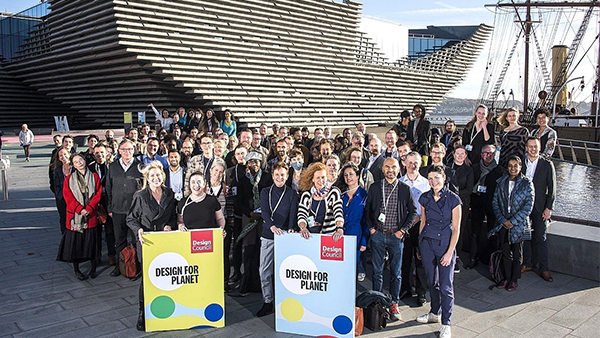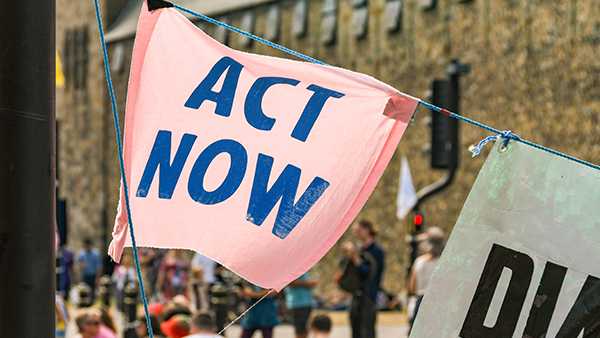We hosted an event here yesterday organised by a Scandinavian charitable foundation which promotes dialogue about major social, economic and environmental issues. Although flattered to be asked to attend, I was a bit sceptical.
There are so many places where various experts discuss these big issues. In the artificial environment of a seminar in a smart location and with the lubrication for good food and wine they soon develop great ideas to right the world’s wrongs. But rarely do these ideas survive their first encounter with life back in the real world. Maybe all the well-meaning conversation in the ends adds up to something, but I’m not so sure so I tend to turn down the many kind invitations I receive.
But as this event was here I didn’t really have an excuse. Partly, I suspect, because almost all the people attending really were experts in environmental economics, it turned out to be fascinating. In particular there was a presentation by a Swedish academic which, in essence, poured a very large bucket of iced water on many of the claims of green consumerism. Anyone reading this who knows this area will know all these arguments, but I had never heard them put together as powerfully.
First, she argued that the impact of economic growth and our consequent greater ability to consume easily outweighs any reductions in emissions resulting from greener forms of consumption.
Second, she cited a study of twenty families who were given strong incentives to reduce their overall emissions by twenty percent (I can’t remember the reference, maybe someone else can help out). They families did change their living patterns and reported they were happy with the new arrangements. But then, as soon as the incentives were removed, they reverted almost entirely to their old ways.
Third, in response to the idea that people can save money by consuming less – for example through home insulation – she explained the ‘rebound’ problem, which is that people go on to use their savings to buy new stuff with its own carbon footprint
Fourth, she pointed out that the service or knowledge economy sectors, which people say allow us to consume more without using up finite resources, generally involve material goods, for example, the boxes or consoles for video games, or mobile phone sets.
Her conclusion, as an environmentalist, is that the only way rich countries can get anywhere near their carbon reduction targets is to accept zero, or close to zero, growth.
As might be expected in a room of economists, some of whom were in business these views were very controversial. One respondent said that he could not think of a single human civilisation which had survived without economic growth. In particular, it was forcefully argued that technological innovation in the energy sector can break the link between growth and carbon emissions.
I took this from the exchange: the crucial challenge for the public in relation to climate change (if we accept it is real and man-made) is not so much to change our lifestyles (although we might choose to do that for our own ethical or symbolic reasons) but to give our leaders permission to make brave choices on our behalf. For it is only through regulation (preferably international) and through investing heavily in technological innovation that we can hope to reconcile growth and sustainability.
Not for the first time I fear I am guilty of Basil Fawlty’s judgement of Sybil ‘meet my wife, specialist subject the bleedin’ obvious’. But it was, anyway, a new line of thought for me.
Related articles
-
Regenerative organisations: the time is now, the place is here
Joanna Choukeir
Regenerative organisations are vital to our regenerative future. The time is now for the RSA to emerge as such an institution.
-
A design revolution for the climate emergency
Joanna Choukeir
Joanna Choukeir on Design for Planet, the global gathering of designers during COP26, and the changes design must make.
-
The public are ready to go further and faster on net zero
Anthony Painter
The public are ahead of policy-makers and, indeed, most of the business world. COP26 is an enormous opportunity to catch up. Global leaders should take it.




Be the first to write a comment
Comments
Please login to post a comment or reply
Don't have an account? Click here to register.